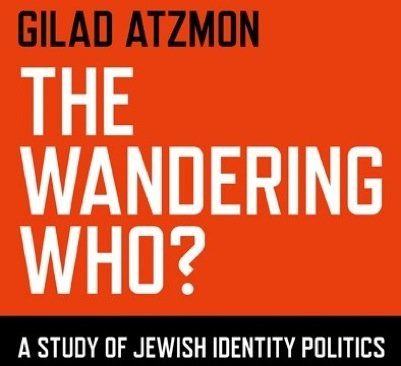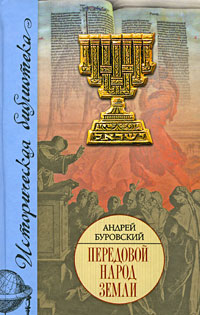Evil Genius: Constructing Wagner as Moral Pariah, Part 1
PART 1
In the 2010 feature-length documentary Wagner and Me the British celebrity Stephen Fry explored his love affair with the music of Richard Wagner. Fry, who is Jewish, homosexual, and bipolar, enjoys a multi-pronged “victim” status that has made his identity politics credentials the aesthetic equivalent of a nuclear warhead. The inevitable consequence of this (and his Leftist politics) is his constant presence in the British media. Indeed, Stephen Fry is possibly the most overrated and overexposed individual in the history of British entertainment, and has benefited enormously from the intellectual elite’s construction of Jewish genius to the point where he is routinely hailed in sections of this fawning media as a “genius” and a “national treasure.”
As well as providing another celebrity vehicle for the overrated Stephen Fry, Wagner and Me offered another platform for exploring the life, work and thinking of one of the world’s most famous “anti-Semites.” While acknowledging Wagner’s undoubted genius, Fry reminds us in portentous tones that “a shadow falls across the sublime music. It’s not only the fact that it was later appropriated by Hitler which makes some people think of Wagner’s art as tainted. It’s also because Wagner himself was outspokenly anti-Semitic.” Read more







